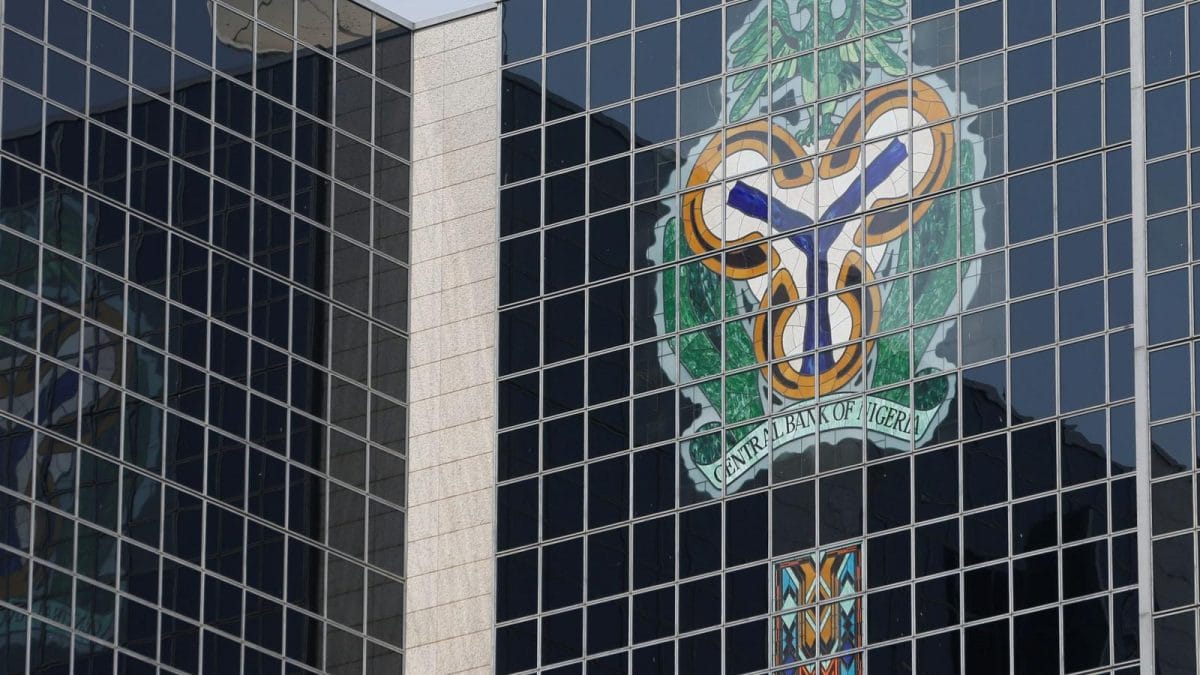BUSINESS
Fifth Consecutive Inflation Decline Renews Pressure on CBN to Lower Interest Rates

Nigeria’s headline inflation rate has dropped for the fifth consecutive month, prompting renewed calls for the Central Bank of Nigeria (CBN) to reduce its benchmark interest rate, currently at 27.50%.
According to the National Bureau of Statistics (NBS), inflation fell to 20.12% in August 2025, down from 21.88% in July, marking a 1.76 percentage point decrease. Year-on-year, inflation has dropped by 12.03%, compared to 32.15% recorded in August 2024. This trend is partly attributed to the Consumer Price Index (CPI) rebasing earlier in the year.
Food inflation also declined slightly, easing to 21.87% in August from 21.88% in July. The slowdown in prices of staples such as imported and local rice, millet, semolina, flour, and maize contributed to the moderation.
The sustained inflation decline has intensified pressure on the CBN’s Monetary Policy Committee (MPC) to consider cutting interest rates at its upcoming meeting scheduled for September 22–23, 2025.
Speaking to Nigeria News 247, Gbolade Idakolo, CEO of SD & D Capital Management, said the CBN may now be in a position to reduce interest rates, as high borrowing costs continue to burden the real sector, particularly manufacturers and service providers.
“The easing of inflation to 20.12% could prompt the CBN to lower rates at its next MPC meeting. Though tight monetary policy has helped curb inflation in recent months, the persistent high interest rates have stifled growth in the real sector and elevated the cost of goods and services,” Idakolo said.
He added that unless borrowing costs are reduced, the benefits of inflation moderation will not be fully felt by businesses or consumers.
Also weighing in, Prof. Godwin Oyedokun of Lead City University, Ibadan, said while the falling inflation figures are encouraging, their real impact depends on how effectively they translate into better living conditions for ordinary Nigerians.
“A statistical drop in inflation means little if prices remain high in the markets or wage growth fails to catch up. Most citizens will judge the impact based on whether their purchasing power improves,” he said.
Despite the positive trend, many Nigerians remain sceptical. Analysts caution that the full benefits of disinflation will only be realized if the cost of doing business drops, food prices stabilize, and the economy supports wage growth and employment.
The next MPC meeting will be closely watched for signs of a shift in monetary policy direction as stakeholders continue to call for a more growth-oriented approach amid easing inflationary pressures.
FOLLOW US







![Top Nigeria Newspaper Headlines Today 25th June 2024 [Tuesday] 87 Nigeria Newspaper Headlines](https://nigerianews247.com/wp-content/uploads/2024/04/Nigeria-Newspaper-Headlines-80x80.png)

![[VIDEO] Tinubu Stumbles while Boarding Presidential Parade Vehicle at Eagles Square 90 Tinubu Stumbles while Boarding Presidential Parade Vehicle at Eagles Square](https://nigerianews247.com/wp-content/uploads/2024/06/Tinubu-Stumbles-while-Boarding-Presidential-Parade-Vehicle-at-Eagles-Square-80x80.jpeg)


You must be logged in to post a comment Login